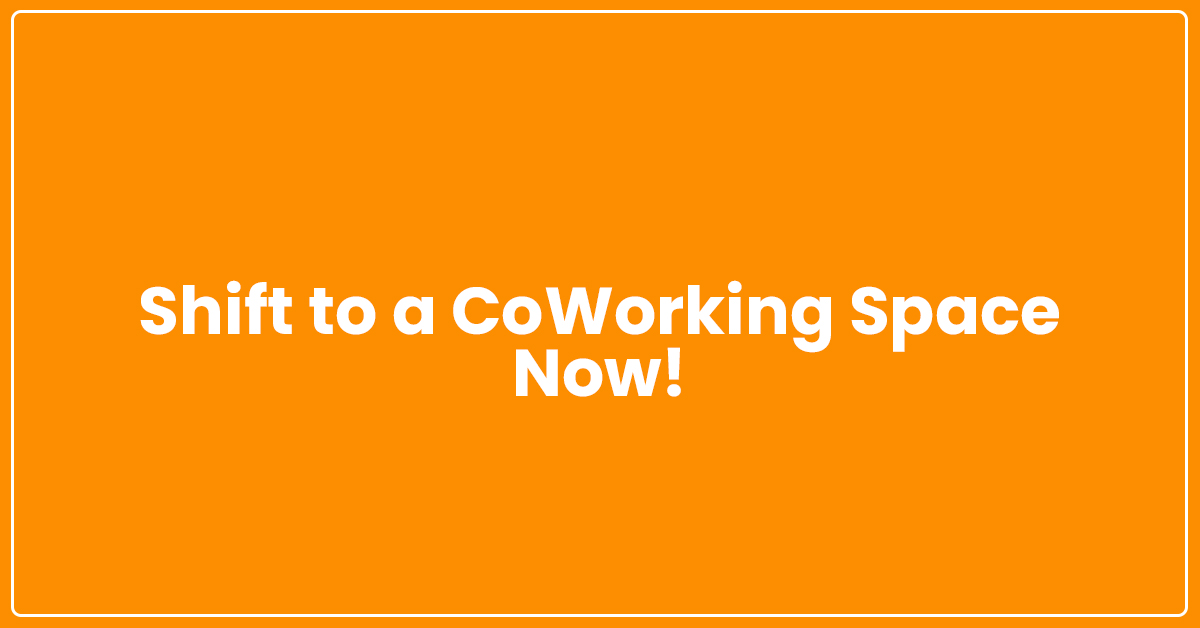
Read about different options for workspaces when you start a business and the pros and cons of each.
Within the last two decades there has been a major change in the world of work, and how the average person makes their money. Whereas starting a business was something that seemed reserved for only those with a certain level of luck, or know-how in the past, now, everybody has access to the information needed to give starting a business a go. That doesn't guarantee success of course, as many startups still fail within their first year. However, with business studies being taught in school now, self-made millionaires getting younger and younger on social media and the resources for being self-made increasing in abundance in various ways, the opportunity is there so much more than it used to be. In addition, there is also a new culture of remote working. Those employed by companies are more and more likely to work remotely, and starting a business doesn't have to mean you automatically hold some sort of premises. Working as a startup is even more flexible than it used to be and working spaces, come in lots of different shapes and sizes.
If you are thinking about starting a business and you're unsure what your options are in terms of a working space, take a look at our pros and cons of the three most common options to help you get that bit closer to your startup becoming a reality:
Virtual, Coworking & Office
Virtual, coworking and an office are the three most common options for a startup workspace to use. All three have pros and cons to consider, and no one option is perfect for everyone. Here are our pros and cons of all three, to help you get a headstart in important startup research:
Virtual Working Spaces
Virtual working spaces basically means you work online, which means your office can be anywhere with a good internet connection. Plenty of those who work online want you to believe you can work on a beach or from a camper with a view of a beach but realistically, you're looking at working in Starbucks with everyone else needing caffeine, a seat and a constant internet connection.
Pros
● Lots of apps and sites to support organisation and working with others
● Complete autonomy over your schedule
● Freedom to work wherever you want
● Saving on office bills and costs
Cons
● Life can be a little lonely
● It can be annoying sharing coffee shops and working spaces with other people, especially during the school holidays
● You spend more on bills at home or bills eating out or buying coffees
A really good tip is to create a working space at home you can depend on where the internet works, there is quiet and there is privacy. That way you don't depend on coffee shops to be able to work. Inexpensive self storage is handy if you need to store items to make space for a home office and there are plenty of other ways self storage can help you work from home.
Coworking
Coworking spaces are popping up everywhere to enable remote workers and entrepreneurs the chance to work in an office-like environment, but with other people and usually on a pay-as-you-go basis. You usually pay a fee to have a desk for the day, along with electricity and internet costs as part of your fee. These kinds of spaces are popping up everywhere as companies understand there are many people who want a professional space to work without the costs of an entire office rental.
Pros
● You meet like-minded people
● You have a dedicated working space for that day
● Those around you are likely to be more respectful of your working than people in coffee shops out for a loud chat with their friends
● Cheaper than a complete office rental
Cons
● Doesn't allow for any stock storage
● Sometimes isn't as flexible as having your own working space
● Costs can be high in some areas
As with virtual working, it makes sense to have your own office at home if possible. Use self storage to clear space for the office, or to store any stock securely, and ensure there is a space you can work from at home when you have an important call or you want to work in your PJ's for the day.
Office Space
Hiring a complete office space doesn't make sense for everyone, especially when the startup you are involved with doesn't have any stock and is entirely virtual. However if you have staff or work with other people, or you want somewhere professional to have client meetings, an office space might be the right choice for you.
Pros
● A professional space to have a meeting with clients
● Somewhere central to work with colleagues or employees
● Ensures work stays at work and doesn't creep home
Cons
● Fees can be very expensive, which can be dangerous for a new startup
● Contracts can sometimes be for a long time which reduces flexibility
● You may still require cheap self storage as well for additional stock security
An office space is definitely a good idea for some startup businesses but it doesn't make sense for every type of business. Because of the costs involved, it is important to think carefully about renting an office space.
With virtual, coworking and office spaces, there will always be pros and cons that are general, and pros and cons relevant to particular types of self employment and startups. Do think very carefully about how you want to work to ensure you nurture a working environment that gives you the best possible chance of succeeding in your career ambitions.























